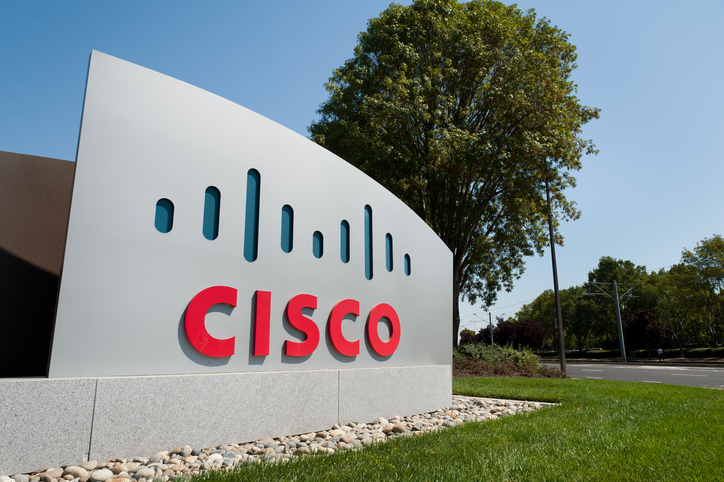SafeNet plays a critical role in protecting the world’s information infrastructure. Its encryption and secure networking technology is responsible for safeguarding more US government information than that of any other supplier.
It also secures 80% of the world’s electronic banking transactions, worth a total of approximately $1 trillion a day. So why is the company almost entirely unheard of? The reasons are twofold.
Firstly, the company was badly hit by the dot-com crash. “In 2001, we were primarily an OEM business, selling security to large companies that embedded it in their products,” explains SafeNet’s president and COO Chris Fedde.
“When the bubble bursting affected those customers, we were affected directly.” But the company did manage to stage something of a comeback. In late 2005, SafeNet’s five-year revenue growth of 698% placed it among the fastest-growing technology firms in the US.
Then in 2006 came the second reason for its low profile: a share options backdating scandal that resulted in the resignation of then-CEO Anthony Caputo and a six-month prison sentence for CFO Carole Argo for manipulating employee stock options. That called for a damage limitation exercise. “We made sure our customer base and our employees understood it was not a problem with the company but a specific issue that was being dealt with separately,” Fedde recalls. “We did not stop growing throughout [the scandal].”
In 2007, SafeNet was acquired for $634 million by private equity firm Vector Capital. Vector merged SafeNet with another part of its portfolio, Israeli authentication and digital rights management (DRM) software vendor Aladdin Knowledge Systems, taking the revenues of the combined entity to over $500 million.
The idea, explains Fedde, “was to shift gears and build a security platform more resistant to the vagaries of the economy. That really accelerated our plans to go up the food chain and be an enterprise supplier rather than a OEM supplier.”
So today, SafeNet operates as two businesses: one that protects sensitive enterprise information, from transactions and intellectual property to national secrets, and a smaller rights management and anti-piracy business.
Unfortunately for SafeNet, history has repeated itself with regards to the rights management business, which is “the most tied to the economy because it’s tied to the software [industry],” says Fedde. “It goes from no growth to medium growth depending on the economy.” “We’re looking at how to be a more complete supplier by offering full lifecycle management, but I would say in 2009 it’s not a growth market,” remarks Fedde with the candour only privately-owned companies can afford.
There is hope for the business yet though, says Fedde, in markets where intellectual property protection is a touchy subject. “China in particular is untapped, and I speak on behalf of most security suppliers when I say that we are all looking for the right way to sell into it,” he says.
There are, however, many hurdles for non-Chinese companies in the form of government support and market acceptance, he adds. “We haven’t found a way to navigate them yet, but it’s such a vast and high-growth market that I fully expect we will.”
This is an important opportunity for SafeNet because while its data protection business might outperform its little brother today, there are only so many world-scale deployments to go around. And being the largest supplier of encryption technology to the US government is not always a marketing advantage when it comes to selling similar products to foreign governments.









